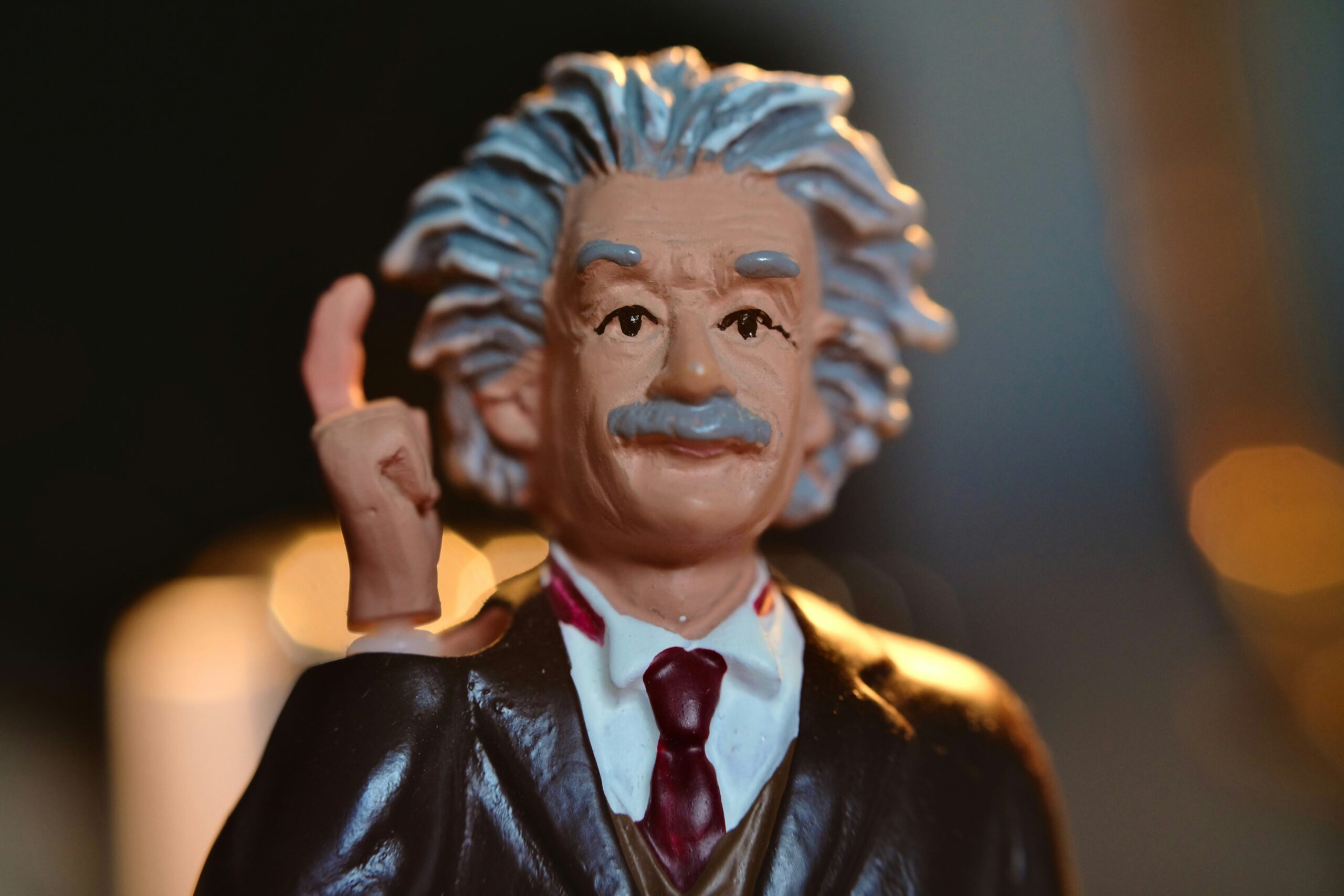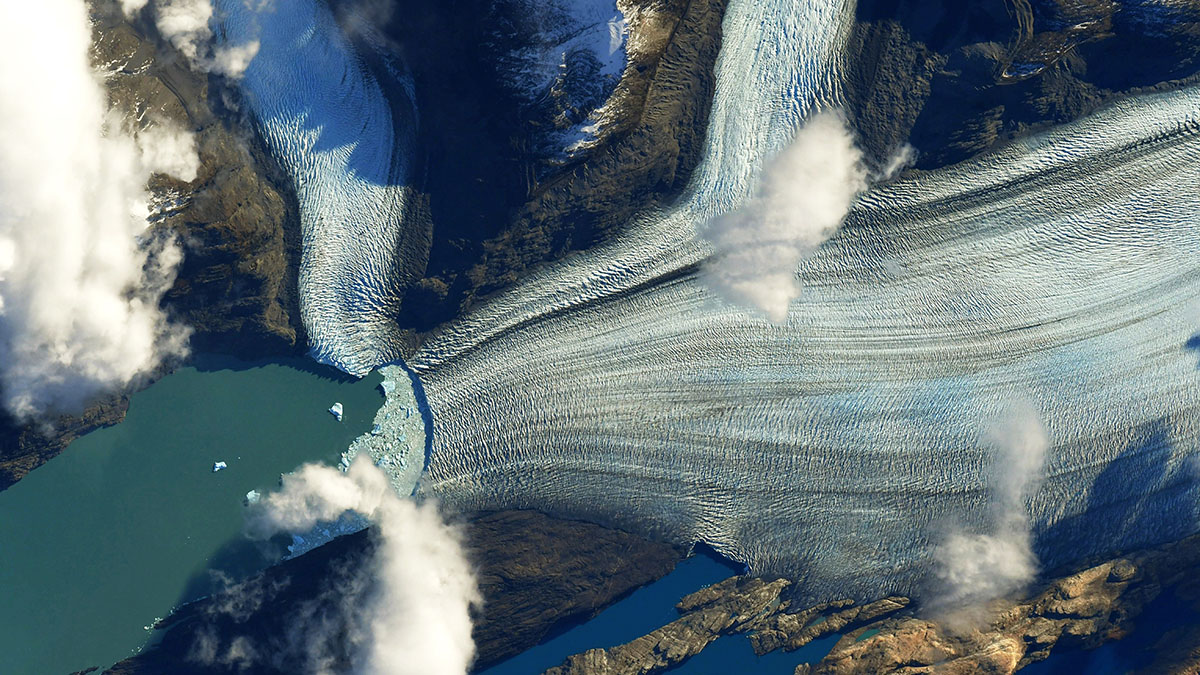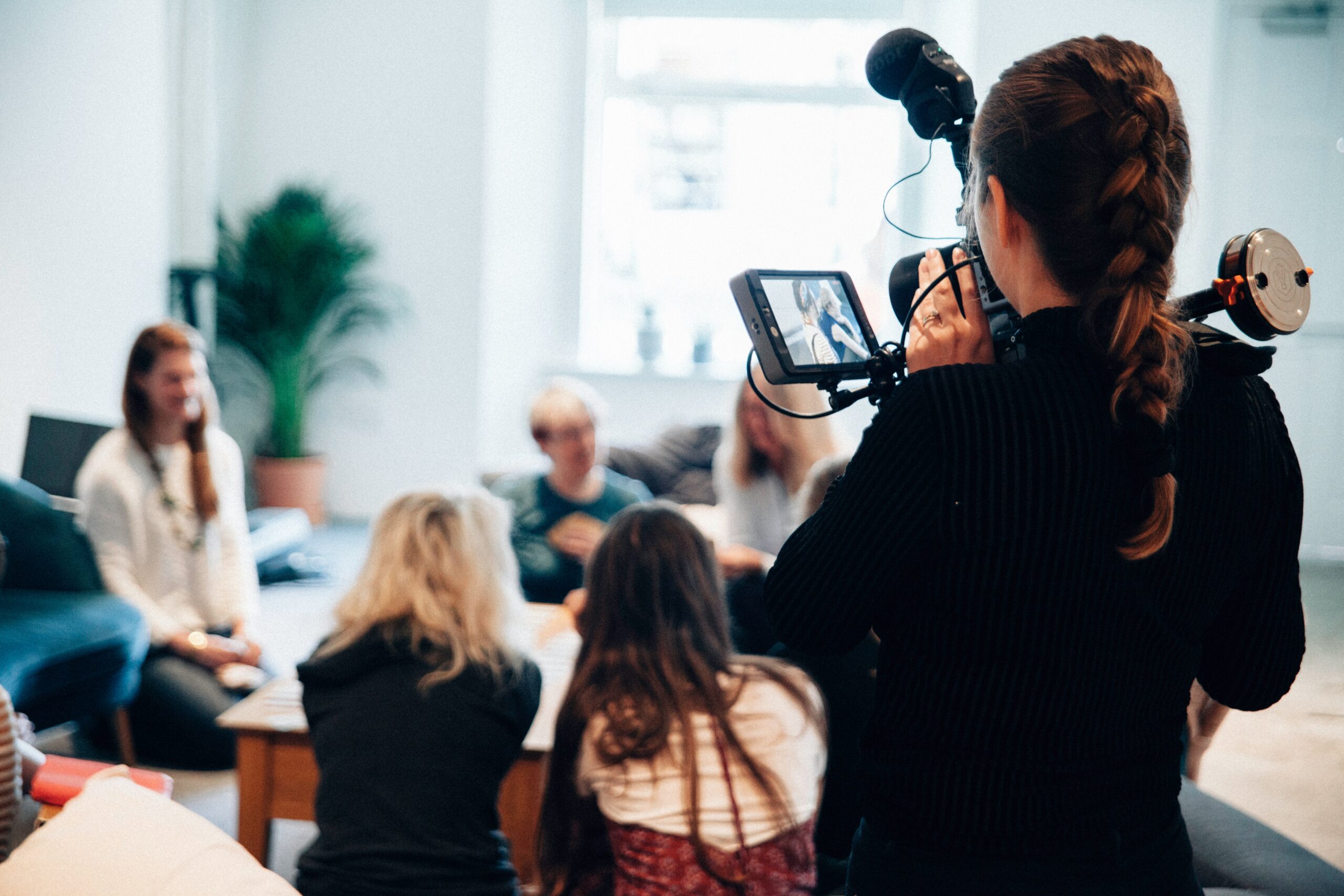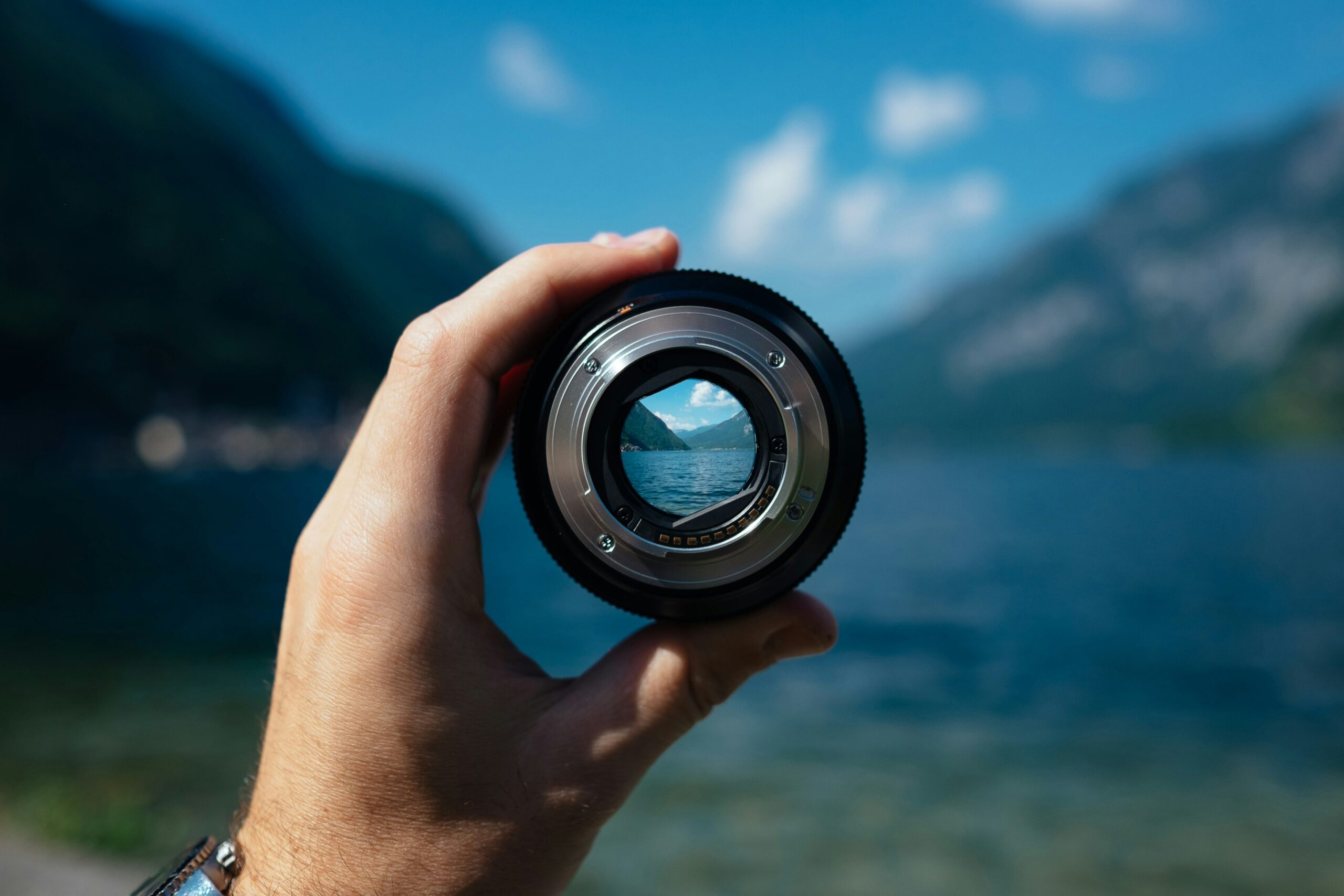HERE’S HOW TO DO IT.
How to find scientific experts to quote – and quickly
Every journalist knows their stories are only as good as their sources.
By Liam Mannix
In collaboration with Tais Gadea Lara
Here we first present general recommendations when it comes to choosing and vetting sources, followed by a series of databases you can use to quickly connect with high-quality expert talent in your region.
Check if your ‘expert’ source is actually an expert, particularly when they are scientists
Scientists tend to have deep, narrow knowledge in a particular field. For example, epidemiologists are experts in disease modelling, not how clinical trials work. A good starting point is to ask your expert ‘are you the expert in this field or is there someone else you’d recommend’?
A more advanced technique is to refer to science’s ‘pyramid of evidence’. Scientists themselves don’t put much value in expert opinion, they care about data and published papers. Use Google Scholar to see if your expert has published a paper on the topic within the last few years (you can simply put their name into the search field; if not, consider someone else).
You should also be on the lookout for possible industry influence. Check your expert’s resume: have they worked for a fossil fuel company or think-tank? Has their research been funded by a fossil fuel company?
When to quote ordinary people – and when not to
The world is full of uninformed opinions; we don’t need more. Consider only quoting non-expert sources – ordinary people – when they are either directly affected by climate change or are making changes to their lives to deal with it.
That said, in some cases the ordinary person is an expert. Farmers are experts on local weather patterns. Fishermen are experts on local fish-stocks. Don’t dismiss local or indigenous knowledge.
Don’t just quote old white men
Globally, between 2010 and 2020 just 25 per cent of sources and case-studies quoted in newspapers, TV and radio were women. Science is not, and should not be, a white man’s sport. Journalists have a responsibility to bring more diverse voices into their coverage, and encourage under-represented groups to speak up. You need to ask: are there female sources available, or sources from under-represented backgrounds? Are younger scientists available?
In the US, the Women’s Media Centre offers SheSource, a searchable database of female sources who journalists can contact. And StemWomenGlobal offers a global database of female scientific experts with contact details. Carbon Brief offers an excellent database of scientists from the Global South. In many countries local databases of female experts can be found.
Use indigenous knowledge
Scientific knowledge isn’t the only form of climate knowledge. Indigenous peoples around the world hold huge stores of knowledge about their local environment and how to best manage it. They are well-placed to identify how the climate has changed over the long-term. And they are often on the front-lines of climate disruption. Their stories of disruption and damage to the environment make abstract climate data real. This shouldn’t be used to replace scientific knowledge but to complement it.
A great example is The Globe and Mail’s 2022 story on Inuk fishing captain Joey Angnatok, who uses modern sensors and a traditional spear to monitor the health of the ocean ice in Nunatsiavut, an Inuit territory in Labrador.

Find talent that is relatable
Behaviour change is driven by seeing other people like you change. Show readers the ordinary people who are finding solutions or making a difference, rather than just environmentalists or campaigners. The ABC’s War on Waste was hosted by a father with kids. “The problems he was facing, everyone was facing. He was like ‘OK, I’ve got to feed three boys’,” says director Jodi Boylan.
Consider getting more community voices in your stories. In many countries, regional communities are essential to the energy transition – large solar and wind farms are not going to be built in the cities, after all – yet local voices are often ignored or minimised. “If the bush isn’t going to do it, it isn’t going to happen,” one journalist told us.
To avoid polarising your audience, move beyond only politics
Evidence suggests that we are quoting politicians and business-people in climate stories more than we quote climate scientists – and more than we quote ordinary people, who will bear the brunt of climate change. The more we only quote politicians, the more the climate crisis becomes political (and polarising), and the less it becomes about saving humanity. We need to hear more from scientists when working on climate stories.
Tools for finding credentialled experts, quickly
The Intergovernmental Panel on Climate Change includes the world’s leading climate scientists. They always have a list of authors of every report they publish, organized by area, country, and region. Identify one or several you wish to contact and email their media team at ipcc-media@wmo.int. They tend to be responsive and helpful.
Another option: to quickly find high-quality scientific sources who can comment on the record for your stories, we recommend contacting a Science Media Centre (independent organisations that work to quickly connect journalists with scientists) in your time zone.
Science Media Centres:
You can also consult various databases to find scientists’ contact details:
Finding scientific experts – how to do it yourself
If the approaches above do not work, we recommend searching The Conversation for articles on your topic. Most are written by scientists – and often include their contact details. As mentioned above, you can also try Google Scholar. Search for papers on your topic (you can restrict your search to a specific country using a search operator like: “site:.au” or “site:.ke”). Most papers include the email address of the lead author.
Menu



